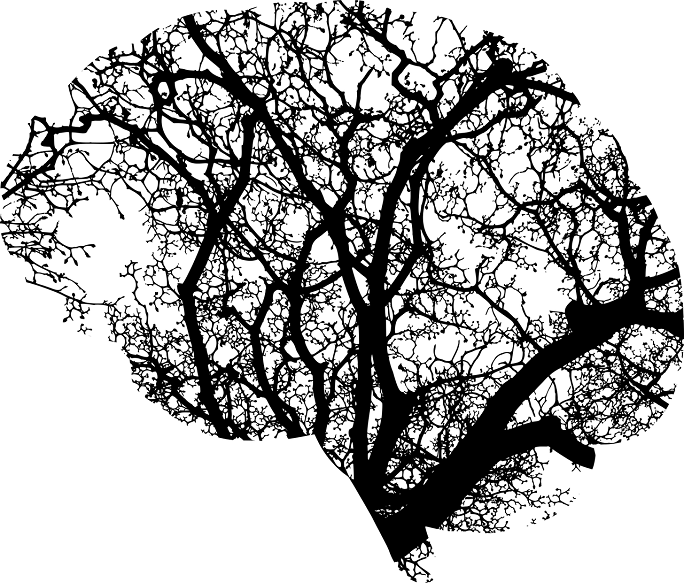A BIOLOGICAL link has been discovered between the gut microbiome and Parkinson’s disease (PD), potentially leading to the development of new treatments for the condition, according to a recent study. Results have shown the gut microbiome to be altered in patients with PD, who often experience constipation and gastrointestinal problems long before developing the progressive movement disorder. For this reason, researchers hypothesised a causal link between bacteria in the gut and the onset of PD.
For the study, mice were genetically modified to overexpress a protein called alpha-synuclein, widely thought to be a contributing factor to the development of PD. The mice were separated into two groups: the first were germ-free, having been bred in a fully sterile environment and therefore lacked gut microbes, and the second had an abundance of complex gut microbes, because they were bred in a normal environment. Following a number of tasks completed by both groups, such as running on a treadmill, it was found that germ-free mice performed much better than those mice with gut microbes.
In order to discover how the gut bacteria regulate the symptoms of PD, human gut microbes from either healthy adults or adults with Parkinson’s disease were transplanted into the germ-free mice. While mice that received gut microbes from healthy adults displayed no symptoms of PD, those transplanted with gut microbes from PD patients did begin to display such signs, and also had higher levels of short-chain fatty acids (SCFAs). Crucially, SCFAs have been shown in previous studies to trigger immune responses in the brain, leading the authors to speculate that brain inflammation is caused by an imbalance in SCFA levels, which can cause nerve cell damage and death, and ultimately trigger PD symptoms.
“Our findings provide a completely new paradigm for how environmental factors may contribute to PD and possibly other neurogenerative disorders. The notion that these diseases may be impacted by pathology in the gut and not only in the brain is a radical departure from conventional research in neuroscience,” stated senior study author Sarkis Marmanian, Luis B. and Nelly Soux Professor of Microbiology; Investigator, Heritage Medical Research Institute, California Institute of Technology, Pasadena, California, USA.
The results of this study could enable the development of new treatments for PD, such as targeted probiotics or prebiotics, but before this can happen, the authors acknowledged the need to precisely determine which particular gut microbes contribute to PD and its onset.
(Image: freeimages.com)








